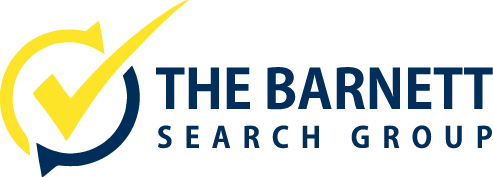- January 12, 2020
- Posted by: Eric Right
- Category: International

Looking to get ahead in management accounting? Start with CIMA…
Standing for the Chartered Institute of Management Accountants, CIMA is the world’s largest professional body of management accountants. This makes it the most useful accounting qualification for anyone looking to pursue a career in business or finance.
But what job can you get with CIMA? We spoke to Kaplan, the UK leader in financial, accountancy and business training, to find out just a few of your career options:
What qualifications do I need to start studying CIMA?
Anyone can study CIMA from certificate level.
There are no formal entry requirements, but you are expected to have good mathematical and English skills (equivalent to GCSE grade C/4 or above).
So whether you’re already working in business and finance, you’re looking to break into the industry, or you want to start your own business, CIMA could be for you.
How long does it take to study CIMA?
Because you can usually study CIMA at your own pace, the exact duration of your course may vary depending on whether you’re studying part-time of full-time.
Typically, the CIMA Certificate will take around a year to complete, whilst the CIMA Professional qualification will usually take a further four years.
What jobs can I do with CIMA?
There are a variety of roles you can do with a CIMA qualification, whether you’re using it to break into the industry, or you’re studying at a higher level to boost your career.
Accounts Assistant
What do they do? Process invoices, credit control, expense claims, bank reconciliations and more. It’s a broad and varied role that involves providing administrative support to Accountants.
Salary expectations: £23,000 (approx.)
Management Accountant
What do they do? Differing from a Financial Accountant who focuses on the aggregation of data into financial statements, it’s a Management Accountant’s role to deal with the internal processes involved with accounting for business transactions. They use their knowledge of the business and interpretation of financial data (e.g. monthly accounts, balance sheets, profit and loss reports, budgets etc.) to make informed strategic decisions.
Salary expectations: £40,000 (approx.)

